
Find Help
More Items From Ergsy search
-

Tackling Youth Mental Health: Community Initiatives and Solutions
Relevance: 100%
-
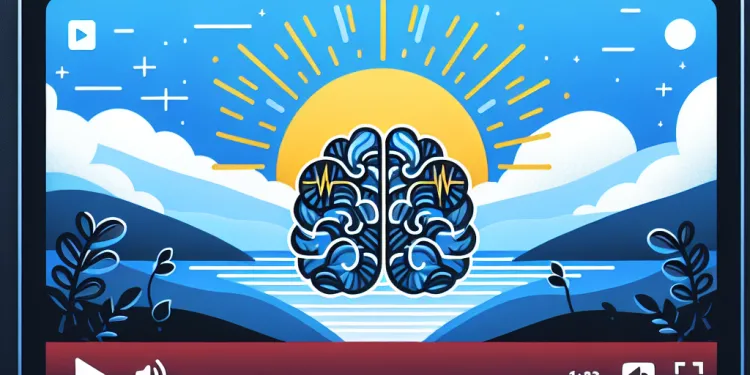
Current Challenges in Youth Mental Health Services
Relevance: 59%
-

New Mental Health Strategy Launched to Address Youth Anxiety Epidemic
Relevance: 55%
-

NHS Unveils Revolutionary Mental Health Support Initiative
Relevance: 48%
-
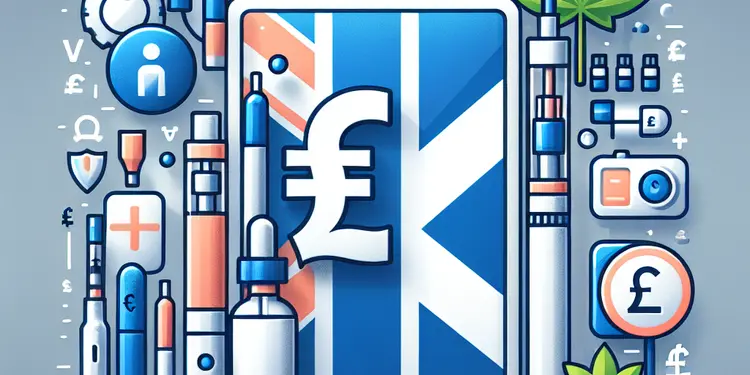
What initiatives are being taken to educate youth about the risks of vaping?
Relevance: 47%
-
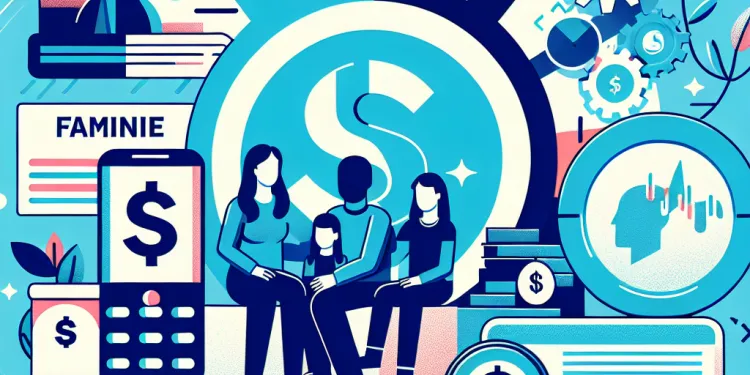
Advancements in Mental Health Resources for Families
Relevance: 36%
-

Mental Health Services Struggle to Cope Amid Record Demand
Relevance: 35%
-
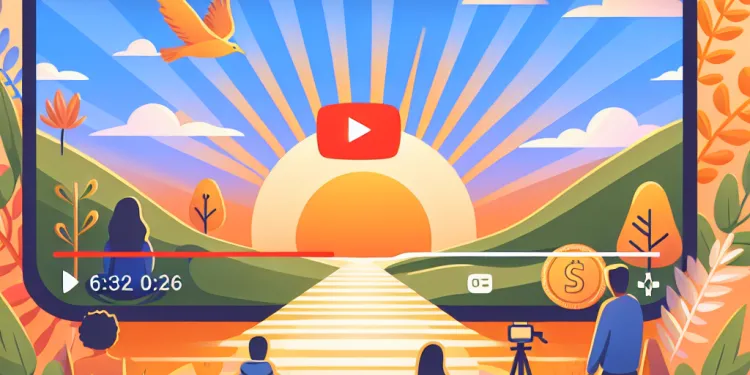
Mental Health Support Resources in the UK
Relevance: 34%
-

Accessing Mental Health Support Resources in the UK
Relevance: 34%
-
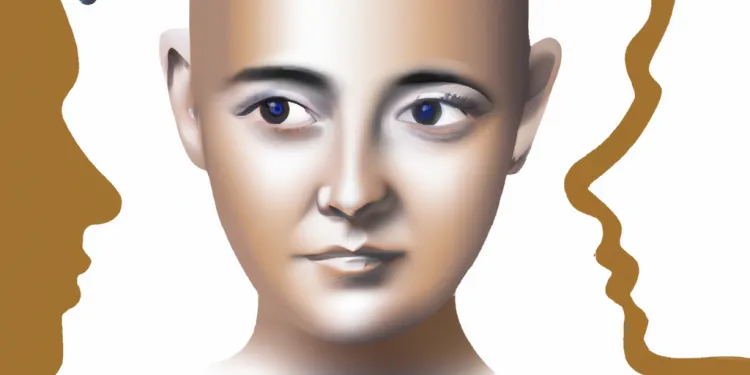
Mental Health Resources for Families
Relevance: 34%
-
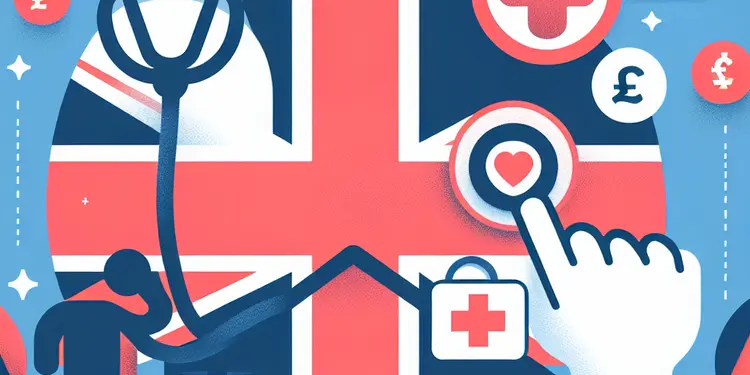
Can community helpers access physical health resources?
Relevance: 33%
-

How can community helpers get mental health support?
Relevance: 33%
-

Mental Health Support Services in the UK
Relevance: 33%
-

What mental health resources are available for seniors?
Relevance: 32%
-

Mental Health Support Resources for Families
Relevance: 32%
-
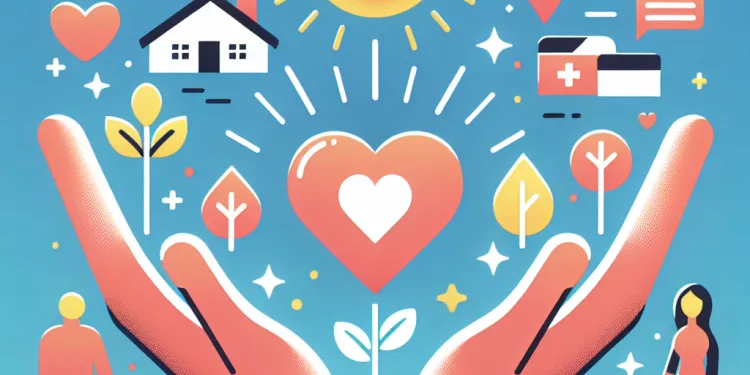
Mental Health Support for Families - Latest Resources and Guidance
Relevance: 32%
-

What is the impact of obesity on mental health?
Relevance: 31%
-
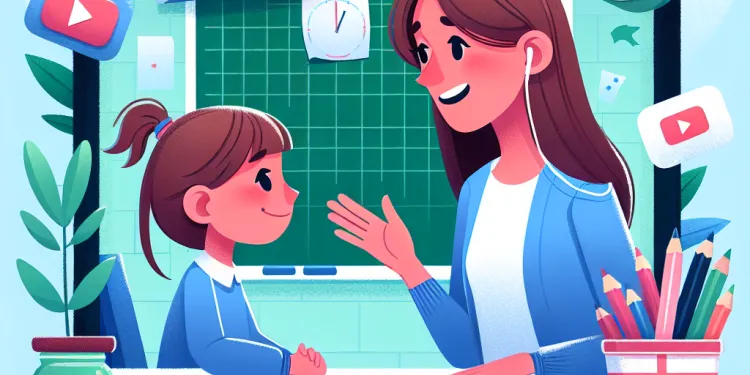
Understanding Mental Health in Children
Relevance: 31%
-

New Report Highlights Gaps in Mental Health Services for Welfare Recipients
Relevance: 31%
-
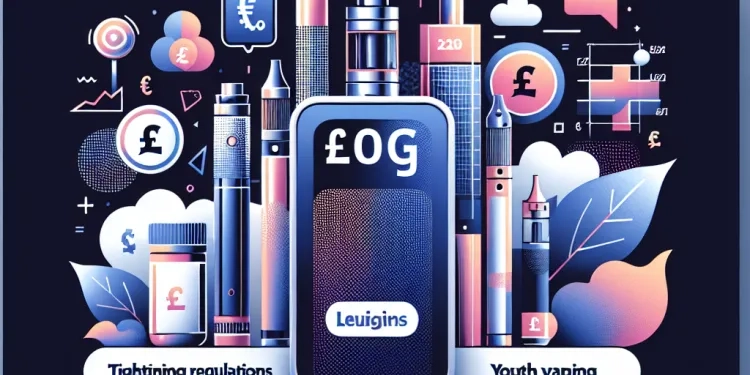
Rules on E-cigarettes to Tighten Amid Concerns Over Youth Vaping
Relevance: 31%
-
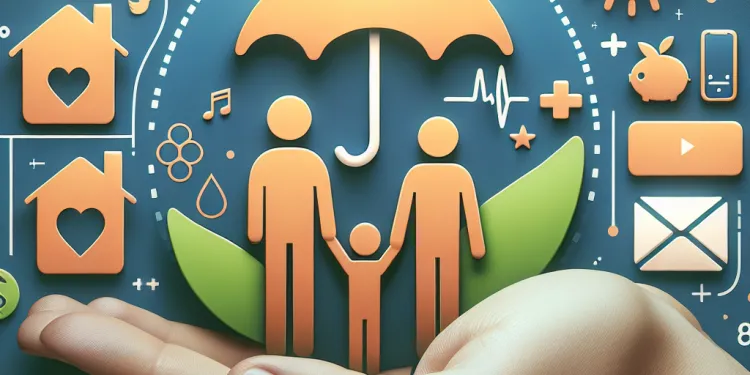
Mental Health Support for Families: Resources and Helplines
Relevance: 31%
-

How does the loneliness epidemic impact mental health?
Relevance: 31%
-

Mental Health: Laura's Story | NHS
Relevance: 31%
-

Navigating Mental Health Services for Children and Adolescents
Relevance: 30%
-
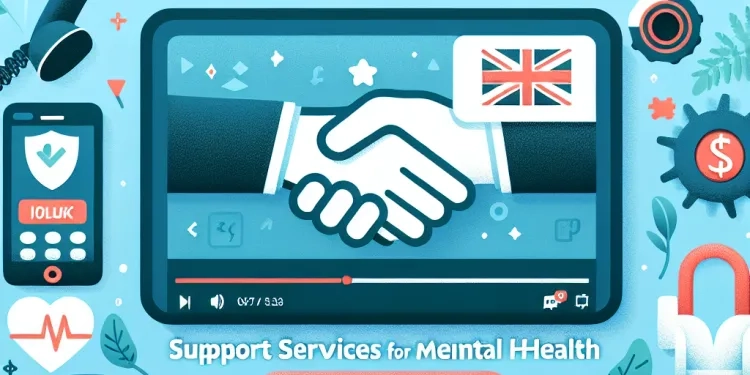
Support Services for Mental Health Amid Economic Uncertainty
Relevance: 30%
-

Impact of UK Housing Crisis on Local Communities
Relevance: 30%
-
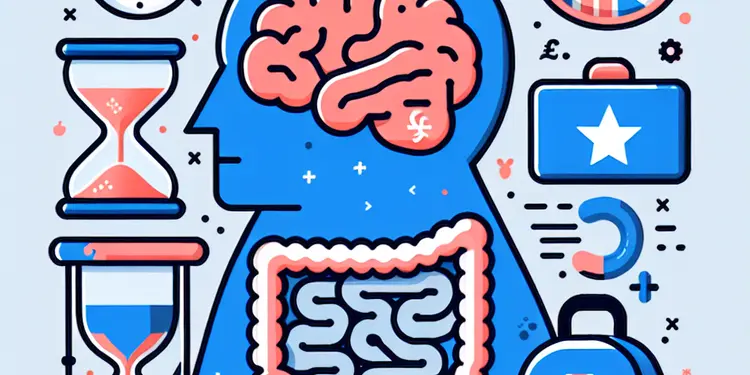
Can gut health affect mental health as one ages?
Relevance: 29%
-

Mental Health Impact of Cost of Living Crisis and Support Resources
Relevance: 29%
-

Has the social media ban been successful in improving children's mental health?
Relevance: 28%
-

How does sugar impact mental health?
Relevance: 28%
-

Can primary care support workers access mental health support?
Relevance: 28%
-

Short Films About Mental Health - Trauma PTSD
Relevance: 28%
-

What is the role of mental health assessments in indefinite sentences?
Relevance: 28%
-
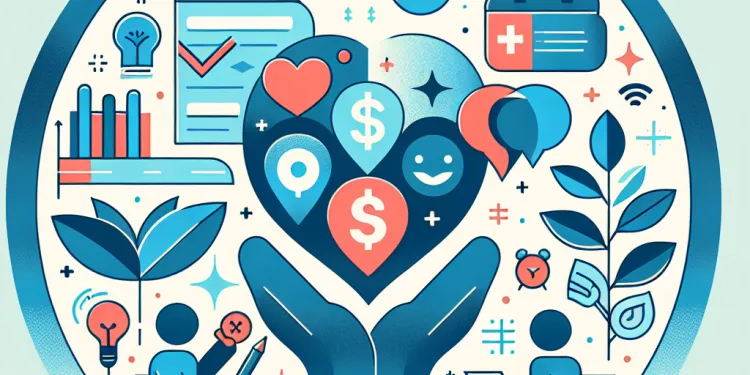
Mental Health Support for Families: Resources and Strategies
Relevance: 27%
-

Mental Health Support for Families: Resources and Guidance
Relevance: 27%
-
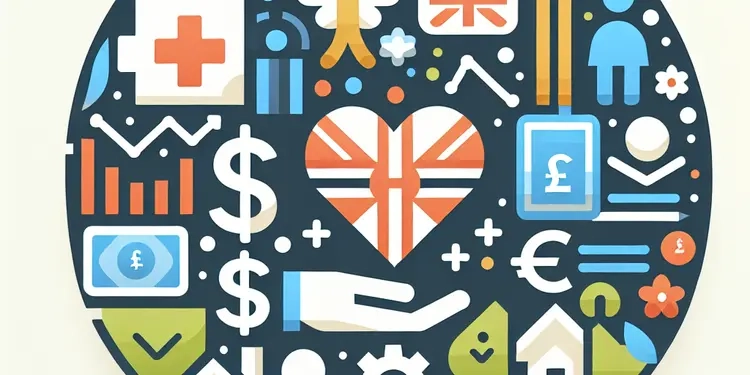
What help is available to helpers in the community?
Relevance: 27%
-

What types of support are available for community helpers?
Relevance: 27%
-
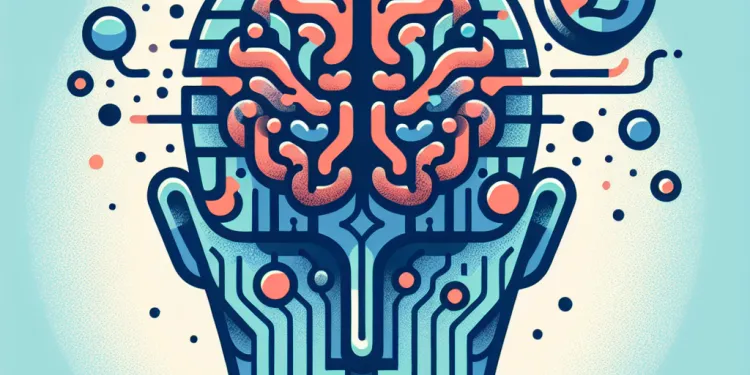
Can concussions lead to mental health issues?
Relevance: 27%
-

What is the role of community hubs in supporting helpers?
Relevance: 27%
-
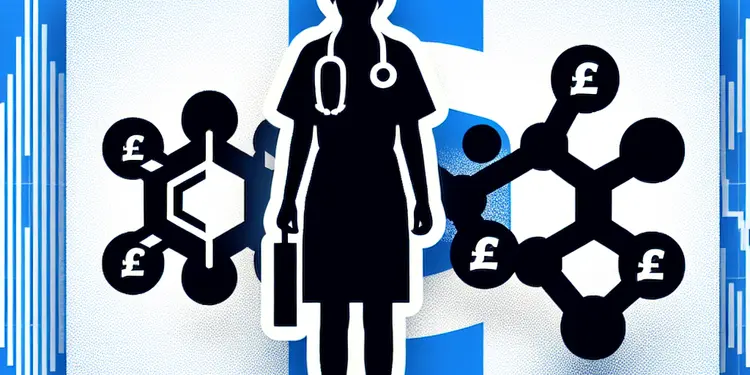
Can ketamine be prescribed for mental health conditions?
Relevance: 27%
Tackling Youth Mental Health: Community Initiatives and Solutions
Recognising the Crisis
The youth mental health crisis in the United Kingdom has reached unprecedented levels, with one in six children and young people aged 5-16 experiencing some form of emotional or mental health concern. Early recognition and intervention are vital in addressing these issues. Schools, families, and communities play a critical role in recognizing the signs of mental health struggles and seeking appropriate help. By fostering awareness and reducing stigma, communities can create an environment where young people feel comfortable discussing their mental health and seeking support.
Community-Based Support Systems
Community-based initiatives have emerged as practical solutions in tackling youth mental health concerns. Local councils and charities, such as Mind and YoungMinds, offer programs and workshops that focus on mental wellbeing. These initiatives often provide safe spaces where young people can share their experiences and feelings without judgment. By involving families and schools in these programs, a holistic approach ensures that the support system is consistent and comprehensive. Additionally, peer support programs allow young people to connect with others who have similar experiences, promoting a sense of belonging and understanding.
Schools as Mental Health Hubs
Schools in the UK are increasingly becoming focal points for mental health initiatives. Implementing mental health education within the curriculum helps students understand their emotions and develop coping strategies. The presence of trained counselors and mental health practitioners in schools provides immediate access to support for those in need. Initiatives like the Mental Health Support Teams (MHSTs) aim to work directly with schools to identify and support students experiencing mental health issues, ensuring they do not interfere with academic learning and personal development.
Digital Solutions and Telehealth
With the advent of digital technology, there are new avenues to support youth mental health. Various mental health apps and online platforms offer accessible and immediate help. Resources like Kooth and Shout provide anonymous, free online counseling to young people in the UK. Telehealth services also ensure that even those in remote areas can receive professional mental health support. Digital platforms can be particularly appealing to young people who are more familiar with technology and may prefer these methods over face-to-face interactions.
Community Involvement and Government Action
Addressing youth mental health effectively requires collaborative efforts among communities, healthcare systems, and government bodies. Increased funding for mental health services and targeted programs is crucial. Government initiatives like the NHS Long Term Plan emphasize the importance of mental health and aim to provide more resources and support. Community involvement, through volunteer programs and public awareness campaigns, plays an essential role in creating an inclusive and supportive environment for young people. By working together, communities can implement sustainable solutions to tackle youth mental health issues and ensure the well-being of future generations.
Tackling Youth Mental Health: Community Initiatives and Solutions
Recognising the Crisis
Many young people in the UK are facing mental health problems. Out of every six children and young people aged 5-16, one is experiencing mental health issues. It is important to spot these problems early and get help. Schools, families, and the community must notice when young people are struggling and help them get support. We need to talk about mental health openly so that young people feel safe to share their feelings and ask for help.
Community-Based Support Systems
Local community groups are helping young people with mental health. Councils and charities, like Mind and YoungMinds, have programs and workshops about mental health. These programs give young people a safe place to talk about their feelings. Families and schools can join in to help support young people. There are also groups where young people can meet others who are going through similar things. This helps them feel they are not alone.
Schools as Mental Health Hubs
Schools in the UK are becoming places where mental health is supported. Schools teach students about emotions and ways to cope. There are counselors in schools who young people can talk to if they need help. Programs like Mental Health Support Teams (MHSTs) work with schools to help students with mental health problems. This means students can get help without it affecting their learning.
Digital Solutions and Telehealth
Technology is offering new ways to support youth mental health. Apps and websites like Kooth and Shout give free online counseling to young people in the UK. These services are private and easy to use. Even young people who live far away can get help through telehealth. Many young people feel comfortable using technology to get support.
Community Involvement and Government Action
To help young people with mental health, everyone needs to work together. This includes communities, health services, and the government. More money is needed for mental health services. The government has plans like the NHS Long Term Plan to improve mental health care. Community projects and awareness campaigns are important too. When everyone works together, young people can get the help they need to feel better and grow up healthy.
Frequently Asked Questions
What are the common mental health issues faced by youth today?
Common mental health issues among youth include anxiety, depression, ADHD, eating disorders, and self-harm.
Why is youth mental health important?
Youth mental health is crucial as it affects overall well-being, academic performance, relationships, and can have long-term effects on adult mental health.
How can schools support students' mental health?
Schools can support students by providing mental health education, counselling services, fostering a supportive environment, and promoting healthy behaviours and coping strategies.
What role do parents play in their children’s mental health?
Parents can play a significant role by offering emotional support, recognising early signs of mental health issues, encouraging open communication, and seeking professional help when necessary.
Are there community programs available for youth mental health?
Yes, numerous community programs offer support such as mental health workshops, counselling services, peer support groups, and recreational activities aimed at promoting mental well-being.
What are some signs that a young person might be struggling with their mental health?
Signs can include changes in behaviour, withdrawal from social activities, poor academic performance, changes in eating or sleeping patterns, and expressions of hopelessness.
How can digital tools aid in supporting youth mental health?
Digital tools such as mental health apps, online counselling, and virtual support groups provide accessible mental health resources and support 24/7.
What governmental support is available for youth mental health in the UK?
The UK government provides support through initiatives like CAMHS (Child and Adolescent Mental Health Services), mental health funding for schools, and public health campaigns.
How does social media impact youth mental health?
While social media can offer community and support, it can also contribute to anxiety, depression, and low self-esteem due to cyberbullying, unrealistic comparisons, and excessive screen time.
What mental health resources are available for LGBTQ+ youth?
Resources for LGBTQ+ youth include dedicated counselling services, online support platforms, peer support groups, and organisations like Stonewall and Mermaids offering specialised support.
How can physical activity benefit youth mental health?
Regular physical activity can improve mood, reduce anxiety and depression, boost self-esteem, and promote better sleep, all of which positively impact mental health.
How can friends support someone struggling with their mental health?
Friends can provide support by listening without judgment, encouraging them to seek professional help, staying connected, and offering practical assistance when needed.
What is the role of GPs in youth mental health?
GPs can provide initial assessments, referrals to specialist services, prescribe medications if necessary, and offer ongoing support and monitoring.
What initiatives are schools implementing to tackle youth mental health?
Initiatives include mental health education, mindfulness programs, peer mentoring schemes, anti-bullying policies, and partnerships with mental health professionals.
How can youth build resilience to handle mental health challenges?
Youth can build resilience by developing healthy coping mechanisms, maintaining strong relationships, setting realistic goals, practicing self-care, and seeking help when needed.
What mental health problems do young people have today?
Young people might have problems like feeling very worried (anxiety), feeling very sad (depression), having trouble paying attention (ADHD), having problems with eating too much or too little (eating disorders), and hurting themselves (self-harm).
If you are having these feelings, talk to someone you trust, like a parent, teacher, or friend. It can also help to use tools like a diary to write down your feelings or apps that help you relax. Remember, you are not alone, and there are people who want to help you feel better.
Why is it important to care for young people's feelings?
It's good to talk about how we feel. Young people need help with their feelings just like they need help with school or making friends.
When young people feel happy and healthy inside, they can do better in school and enjoy life more.
If young people have worries and don't feel good inside, they should talk to someone they trust. This could be a parent, a teacher, or a friend.
There are tools that can help too, like drawing, writing in a diary, or using simple apps for relaxing.
Taking care of young people’s feelings is very important. It helps them feel good, do well in school, make friends, and be happy when they grow up.
How can schools help students feel better?
Schools can do a lot to help students with their feelings. Here are some ways:
- Have a special teacher for students to talk to when they feel sad or worried.
- Teach students how to understand and talk about their feelings.
- Make sure everyone is kind and friendly to each other.
- Let students have time to play and relax.
- Help students if they have a problem that makes them upset.
It's important for schools to listen and help students feel good.
Schools can help students in many ways. They can teach about feelings and mental health, offer counseling to talk about problems, create a caring place, and encourage healthy habits and ways to deal with stress.
How do parents help with their children's mental health?
Parents are very important for how their children feel and think. They can help children feel happy and safe. Here’s how:
- Listen to your child. Let them talk about their feelings.
- Give your child love and hugs. Show them you care.
- Make a safe and happy home. Keep things calm and fun.
- Help your child learn good habits. This can be eating well and sleeping well.
- Talk to teachers or doctors if you are worried about your child. They can offer help.
Some tools or ways to help include:
- Read books together. This makes children feel close to you.
- Play games. It helps them learn and have fun.
- Go for walks. Fresh air and talking together is good.
- Draw or paint together. It’s a fun way to show feelings.
- Use apps made for families to relax and talk.
Parents can help a lot. They can give love and support. They can look for early signs of problems. They should listen and talk openly. If needed, they can ask a doctor for help.
Are there programs to help young people with their feelings?
Yes, there are programs to help young people who might feel sad, worried, or upset.
These programs are called "community programs." They can help young people talk about their feelings and feel better.
If you want to know more about these programs, you can:
- Ask a teacher or an adult you trust.
- Search online for "youth mental health programs near me."
There are also apps and websites that can help with feeling better.
Yes, there are many community programs that can help. They have things like mental health workshops, talking services where you can speak to someone, groups where people support each other, and fun activities to help you feel better.
You might also find it helpful to use tools that read text out loud or to break down the information into smaller, easy-to-understand steps.
How can you tell if a young person is having a hard time with their feelings?
Here are some signs to look for:
- They seem sad or upset a lot.
- They do not want to play or hang out with friends.
- They are having trouble eating or sleeping.
- They get mad easily or seem very worried.
- They say they feel lonely or not good enough.
If you notice these signs, talk to them and let them know you care.
Encourage them to talk to a trusted adult, like a parent or teacher, or a counselor.
It might help to use a feelings chart or diary to help them express their emotions.
Signs can be things like acting differently, not wanting to play with friends, doing badly at school, eating or sleeping in a strange way, and saying they feel sad or that things won't get better.
How can digital tools help young people feel better?
Digital tools are things we use on computers, tablets, or phones. They can help young people when they feel sad or stressed.
Here are some ways they can help:
- Apps: There are apps that help you relax or feel happy. Some apps teach you to breathe slowly or think positively.
- Online Games: Playing games online can be fun and help you forget your worries for a little while.
- Websites: Some websites have stories and advice that show you how to feel better when you’re upset.
- Chatbots: Chatbots are like friendly robots you can talk to online. They listen and give advice.
It is also important to talk to someone you trust, like a parent, teacher, or friend, if you are feeling upset.
There are digital tools that can help you feel better. These are things like apps for mental health, talking to a counselor online, and joining support groups on the internet. You can use these tools any time, day or night.
What help does the UK government give for young people's mental health?
If you are a young person in the UK and need help with your mental health, there are places you can go for support.
- You can talk to a doctor. They can help you find the right support.
- There are special services like CAMHS (Children and Adolescent Mental Health Services) that help young people.
- There are many websites with advice and tools for feeling better, like YoungMinds and Childline.
If you need to talk to someone, you can call a helpline. It's okay to ask for help.
The UK government helps with mental health. They have CAMHS, which stands for Child and Adolescent Mental Health Services. They also give money to schools to help with mental health. There are public health campaigns too. These are like adverts that tell people about mental health.
How does social media affect young people's feelings?
Social media can change how young people feel in different ways. Here are some things to know:
- Social media lets young people talk to friends and family. This can make them feel happy and connected.
- Sometimes, young people see things online that make them feel sad or left out. This can make them feel upset or lonely.
- Seeing too many perfect pictures can make young people worry about how they look or their life.
- Spending a lot of time on social media might make it hard to sleep or do homework.
Here are some tips to help:
- Limit the time spent on social media each day.
- Talk to a trusted adult if something online makes you feel worried.
- Remember that people usually share only the good parts of their lives online.
Social media can be a good place to find friends and get support. But it can also make people feel worried, sad, or bad about themselves. This can happen because of things like bullying online, comparing ourselves to others, or spending too much time looking at screens.
Help for LGBTQ+ Kids' Mental Health
Where can LGBTQ+ kids go for help if they feel sad or worried? Here are some places and things that can help:
- Talking to a Trusted Adult: Kids can talk to someone they trust, like a parent, teacher, or school counselor.
- Joining Support Groups: Kids can join groups where they can talk to other kids just like them.
- Using Online Resources: There are websites where kids can find information and get help.
- Helplines: Kids can call places like The Trevor Project for help anytime.
If a child is feeling bad, it is important to ask for help. They don’t have to feel alone.
There are places that can help LGBTQ+ kids. They have people you can talk to and online help. They also have groups where you can meet other kids like you. Groups like Stonewall and Mermaids have lots of support.
How does moving your body help young people feel better?
When you play or exercise, it helps your mind feel good.
Here are some ways it helps:
- Exercise can make you happy by releasing happy chemicals in your brain.
- It helps you feel less worried and stressed.
- Moving around gives you more energy and helps you sleep better.
- Playing sports with friends can make you feel more supported and part of a team.
You can try simple activities like walking, playing a game, or riding a bike to feel better.
Doing exercise can make you feel happier, help you worry less, and make you feel better about yourself. It can also help you sleep well, which is good for your mind.
How can friends help someone who feels sad or worried?
Here are some simple ways friends can help:
- Talk and Listen: Let your friend talk about their feelings. Listen carefully.
- Be There: Spend time with your friend. Let them know you care.
- Be Kind: Say kind words. Tell your friend they are important.
- Encourage: Help your friend do things that make them happy, like playing a game or walking.
- Ask for Help: If your friend needs more help, tell them to talk to a trusted adult like a parent or teacher.
These tips can make your friend feel better.
Friends can help by listening carefully, not judging, telling them to talk to a doctor, staying in touch, and giving help with things when they need it.
What do GPs do to help young people with mental health?
GPs, or family doctors, help young people when they are sad, worried, or stressed. They listen, give advice, and help find more support if needed.
To understand better, you can:
- Ask a trusted adult for help.
- Use pictures and videos to learn.
- Write down questions to ask your GP.
Doctors can help you at first. They can send you to other doctors who are experts. They can give you medicine if you need it. They will keep helping you and check how you are doing.
What are schools doing to help young people's mental health?
Schools are doing different things to help kids feel better and stay happy. Here are some ways they help:
- Counselors: Schools have special people called counselors. Kids can talk to them when they feel sad or worried.
- Workshops: Schools have classes where kids learn how to handle strong feelings and stress.
- Clubs: Some schools have clubs where kids can make friends and have fun together.
- Quiet Spaces: Schools sometimes have quiet rooms where kids can go to relax and feel calm.
If you're feeling sad or worried, telling an adult at school can be a good first step to getting help.
There are many ways to help with mental health. These include teaching about mental health, mindfulness programs, having friends help each other, rules against bullying, and working with mental health experts.
How can young people get stronger to cope with mental health problems?
Youth can get stronger by using some helpful tools and techniques:
- Talk to someone you trust, like a parent or teacher.
- Write down your feelings in a diary.
- Learn to breathe deeply and relax your body.
- Do fun activities that make you happy.
- Ask for help from a counselor or therapist if you need it.
Remember, it’s okay to ask for help and take small steps every day. You are not alone, and there are people who can help you feel better.
Young people can get stronger inside. They can do this by learning good ways to deal with problems, having good friends and family, making plans they can reach, taking care of themselves, and asking for help when they need it.
Useful Links
This website offers general information and is not a substitute for professional advice.
Always seek guidance from qualified professionals.
If you have any medical concerns or need urgent help, contact a healthcare professional or emergency services immediately.
Some of this content was generated with AI assistance. We’ve done our best to keep it accurate, helpful, and human-friendly.
- Ergsy carfully checks the information in the videos we provide here.
- Videos shown by Youtube after a video has completed, have NOT been reviewed by ERGSY.
- To view, click the arrow in centre of video.
- Most of the videos you find here will have subtitles and/or closed captions available.
- You may need to turn these on, and choose your preferred language.
- Go to the video you'd like to watch.
- If closed captions (CC) are available, settings will be visible on the bottom right of the video player.
- To turn on Captions, click settings .
- To turn off Captions, click settings again.
More Items From Ergsy search
-

Tackling Youth Mental Health: Community Initiatives and Solutions
Relevance: 100%
-

Current Challenges in Youth Mental Health Services
Relevance: 59%
-

New Mental Health Strategy Launched to Address Youth Anxiety Epidemic
Relevance: 55%
-

NHS Unveils Revolutionary Mental Health Support Initiative
Relevance: 48%
-

What initiatives are being taken to educate youth about the risks of vaping?
Relevance: 47%
-

Advancements in Mental Health Resources for Families
Relevance: 36%
-

Mental Health Services Struggle to Cope Amid Record Demand
Relevance: 35%
-

Mental Health Support Resources in the UK
Relevance: 34%
-

Accessing Mental Health Support Resources in the UK
Relevance: 34%
-

Mental Health Resources for Families
Relevance: 34%
-

Can community helpers access physical health resources?
Relevance: 33%
-

How can community helpers get mental health support?
Relevance: 33%
-

Mental Health Support Services in the UK
Relevance: 33%
-

What mental health resources are available for seniors?
Relevance: 32%
-

Mental Health Support Resources for Families
Relevance: 32%
-

Mental Health Support for Families - Latest Resources and Guidance
Relevance: 32%
-

What is the impact of obesity on mental health?
Relevance: 31%
-

Understanding Mental Health in Children
Relevance: 31%
-

New Report Highlights Gaps in Mental Health Services for Welfare Recipients
Relevance: 31%
-

Rules on E-cigarettes to Tighten Amid Concerns Over Youth Vaping
Relevance: 31%
-

Mental Health Support for Families: Resources and Helplines
Relevance: 31%
-

How does the loneliness epidemic impact mental health?
Relevance: 31%
-

Mental Health: Laura's Story | NHS
Relevance: 31%
-

Navigating Mental Health Services for Children and Adolescents
Relevance: 30%
-

Support Services for Mental Health Amid Economic Uncertainty
Relevance: 30%
-

Impact of UK Housing Crisis on Local Communities
Relevance: 30%
-

Can gut health affect mental health as one ages?
Relevance: 29%
-

Mental Health Impact of Cost of Living Crisis and Support Resources
Relevance: 29%
-

Has the social media ban been successful in improving children's mental health?
Relevance: 28%
-

How does sugar impact mental health?
Relevance: 28%
-

Can primary care support workers access mental health support?
Relevance: 28%
-

Short Films About Mental Health - Trauma PTSD
Relevance: 28%
-

What is the role of mental health assessments in indefinite sentences?
Relevance: 28%
-

Mental Health Support for Families: Resources and Strategies
Relevance: 27%
-

Mental Health Support for Families: Resources and Guidance
Relevance: 27%
-

What help is available to helpers in the community?
Relevance: 27%
-

What types of support are available for community helpers?
Relevance: 27%
-

Can concussions lead to mental health issues?
Relevance: 27%
-

What is the role of community hubs in supporting helpers?
Relevance: 27%
-

Can ketamine be prescribed for mental health conditions?
Relevance: 27%


